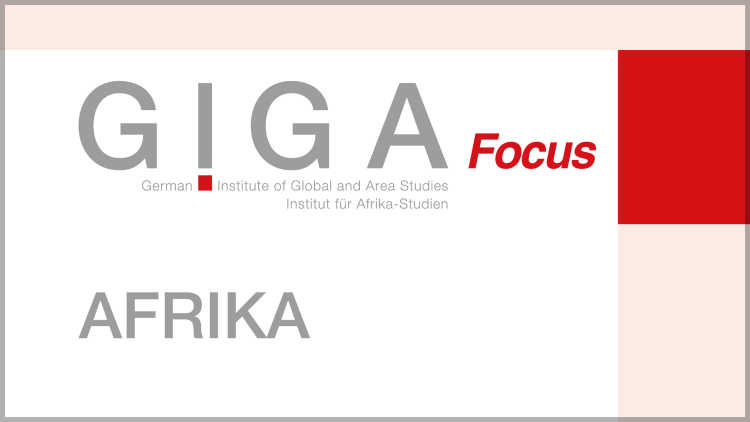- Home
- Publications
- GIGA Focus
- Präsidentialismus in Afrika
GIGA Focus Africa
Präsidentialismus in Afrika
Number 9 | 2011 | ISSN: 1862-3603
Die letzte der fünfzehn Präsidentschaftswahlen des Jahres 2011 im subsaharischen Afrika fand am 28. November in der Demokratischen Republik Kongo statt; Amtsinhaber Joseph Kabila gewann mit zweifelhaften Mitteln. Nachdem im März in Niger und im September in Sambia jeweils neue Staatschefs einen Wahlsieg erringen konnten, hofft man hier auf Beispiele für besseres Regieren aus zwei der mächtigen Präsidentenpaläste Afrikas.
Analyse Afrika gilt als Kontinent der notorisch übermächtigen Staatspräsidenten. Die präsidentiellen Regierungssysteme südlich der Sahara werden oft als Hemmschuh für Demokratisierung und Entwicklung gesehen. Allerdings ist der formale Präsidentialismus nicht das zentrale Problem. Es mangelt insbesondere an wirksamen politischen Gegengewichten, an handlungsfähigen Parlamenten und einer starken Justiz.
Es gibt keinen eindeutigen Zusammenhang zwischen der formalen Macht des Präsidenten und der Herrschaftsform. Oft ist der Präsidentialismus nicht Ursache fehlender Demokratie, sondern Folge von autoritärer Herrschaft.
"Ewige" Präsidenten stützen ihre autoritäre Herrschaft zumeist auf andere Machtmittel als das Regierungssystem. Formal haben sie in vielen Fällen weniger Kompetenzen als einige demokratisch gewählte Kollegen.
Große Reformen zu einem parlamentarischen Regierungssystem, in dem es keinen direkt gewählten Präsidenten gibt, sind schwer durchsetzbar und kein Garant für mehr Demokratie.
Vielversprechender ist eine Stärkung des Parlaments und der Verfassungsjustiz innerhalb des Präsidentialismus. Oft ist dazu gar keine Verfassungsreform nötig, da viele afrikanische Parlamente ihre vorhandenen Machtbefugnisse nicht effektiv nutzen.
Eine institutionelle Ordnung kann Demokratie nur dann unterstützen, wenn der politische Kontext stimmt. Endemische Korruption, geringe Akzeptanz formaler Verfahren oder autoritäre Einschüchterung unterlaufen auch parlamentarische Regierungssysteme.
Footnotes
Regional Institutes
Research Programmes
How to cite this article
Stroh, Alexander, and Johanna Klotz (2011), Präsidentialismus in Afrika, GIGA Focus Africa, 9, Hamburg: German Institute for Global and Area Studies (GIGA), http://nbn-resolving.de/urn:nbn:de:0168-ssoar-287039
Imprint
The GIGA Focus is an Open Access publication and can be read on the Internet and downloaded free of charge at www.giga-hamburg.de/en/publications/giga-focus. According to the conditions of the Creative-Commons license Attribution-No Derivative Works 3.0, this publication may be freely duplicated, circulated, and made accessible to the public. The particular conditions include the correct indication of the initial publication as GIGA Focus and no changes in or abbreviation of texts.
The German Institute for Global and Area Studies (GIGA) – Leibniz-Institut für Globale und Regionale Studien in Hamburg publishes the Focus series on Africa, Asia, Latin America, the Middle East and global issues. The GIGA Focus is edited and published by the GIGA. The views and opinions expressed are solely those of the authors and do not necessarily reflect those of the institute. Authors alone are responsible for the content of their articles. GIGA and the authors cannot be held liable for any errors and omissions, or for any consequences arising from the use of the information provided.







